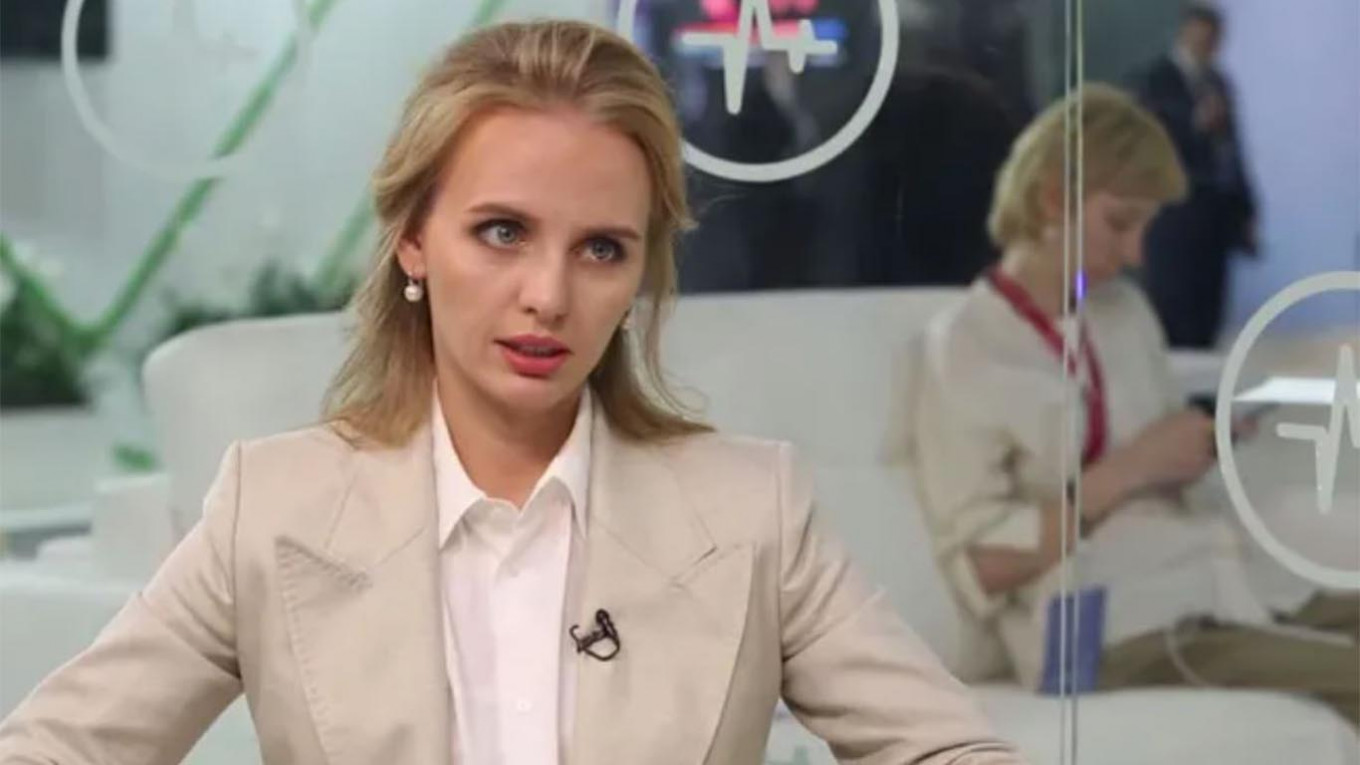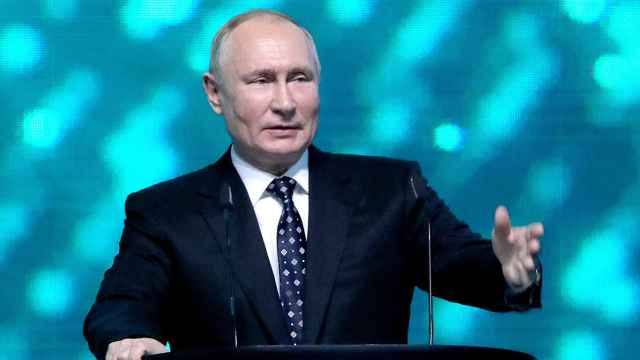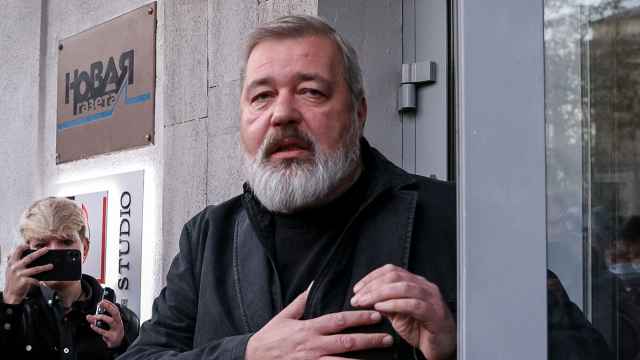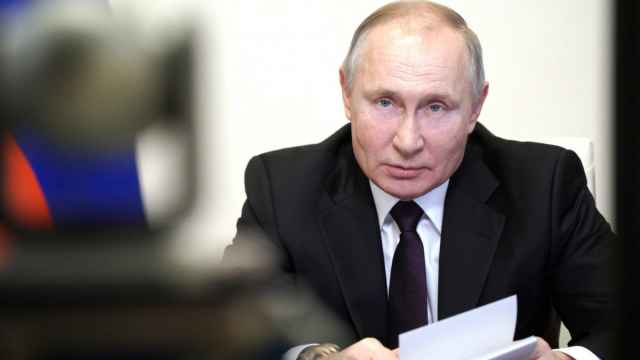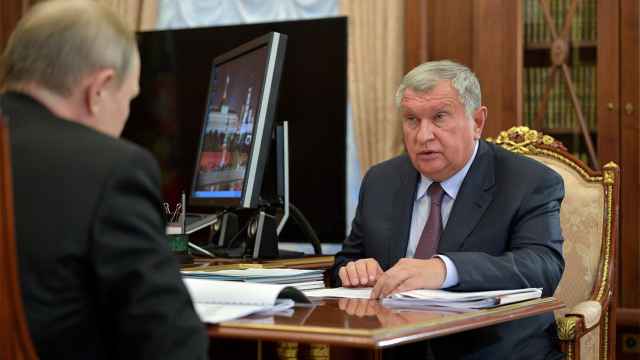Rosneft says it will sue BBC Russia over its story on the Russian energy giant’s plans to establish a genetic research center with President Vladimir Putin’s alleged daughter.
Rosneft will work alongside the Russian government to pursue “accelerated development of Russian genetic technologies” through 2027, according to a government decree published in March. According to BBC Russia’s report published Wednesday, Rosneft will invest between $500 million and $1 billion to develop a genetic research center possibly supervised by Maria Vorontsova, who is widely rumored to be Putin's eldest daughter.
In a statement Wednesday, Rosneft said the BBC Russia report “contains an unfounded lie.”
“The company will go to court to refute this false information, declare it inaccurate and be compensated for this damage to its reputation,” its statement said.
Vorontsova, an endocrinologist who specializes in pediatric growth disorders, has been reported to be involved in Russia’s development of genetic technology, including its development of controversial gene-editing technology.
The BBC cited three unnamed sources as saying that the new genetic center will focus on carrying out a full genetic analysis and sequencing of Russia’s inhabitants.
"This is absolutely no secret — this is a big project," BBC Russia quoted Rosneft spokesman Mikhail Leontyev as saying about the center's establishment. Leontyev didn’t confirm or deny Vorontsova’s involvement in the project.
Putin has expressed aims to transform Russia into a world leader in genetic technologies, allocating nearly $2 billion toward genetic research in 2018.
The Russian president has never publicly confirmed or denied the identities of his children.
A Message from The Moscow Times:
Dear readers,
We are facing unprecedented challenges. Russia's Prosecutor General's Office has designated The Moscow Times as an "undesirable" organization, criminalizing our work and putting our staff at risk of prosecution. This follows our earlier unjust labeling as a "foreign agent."
These actions are direct attempts to silence independent journalism in Russia. The authorities claim our work "discredits the decisions of the Russian leadership." We see things differently: we strive to provide accurate, unbiased reporting on Russia.
We, the journalists of The Moscow Times, refuse to be silenced. But to continue our work, we need your help.
Your support, no matter how small, makes a world of difference. If you can, please support us monthly starting from just $2. It's quick to set up, and every contribution makes a significant impact.
By supporting The Moscow Times, you're defending open, independent journalism in the face of repression. Thank you for standing with us.
Remind me later.


